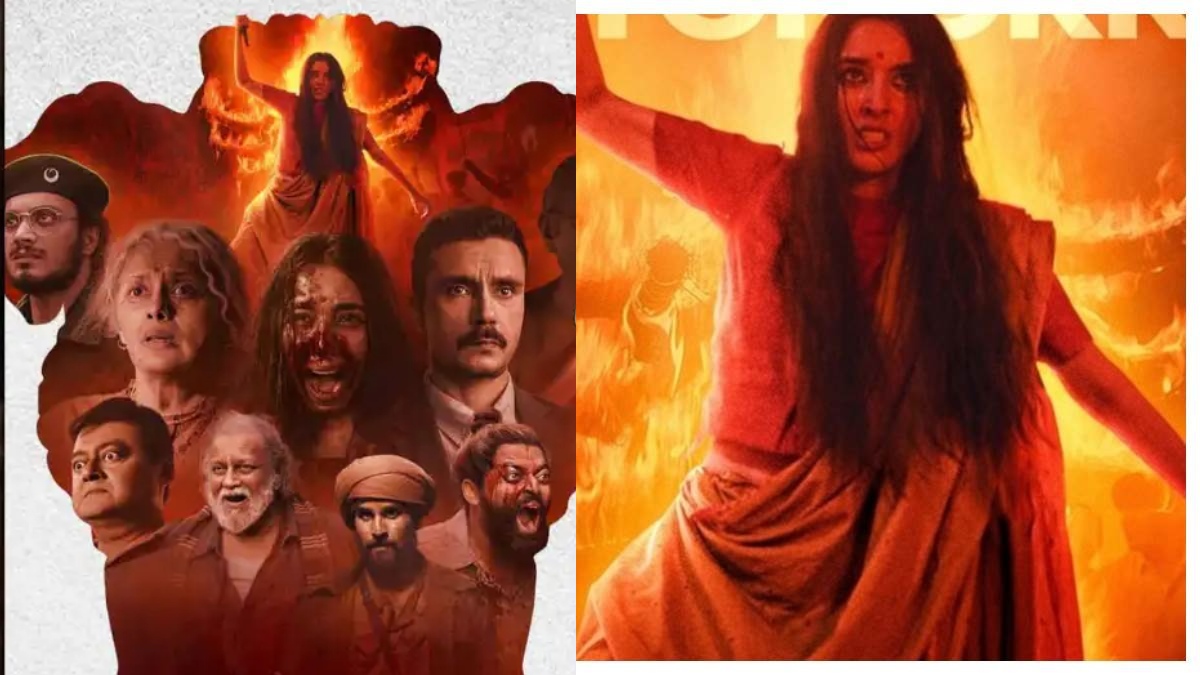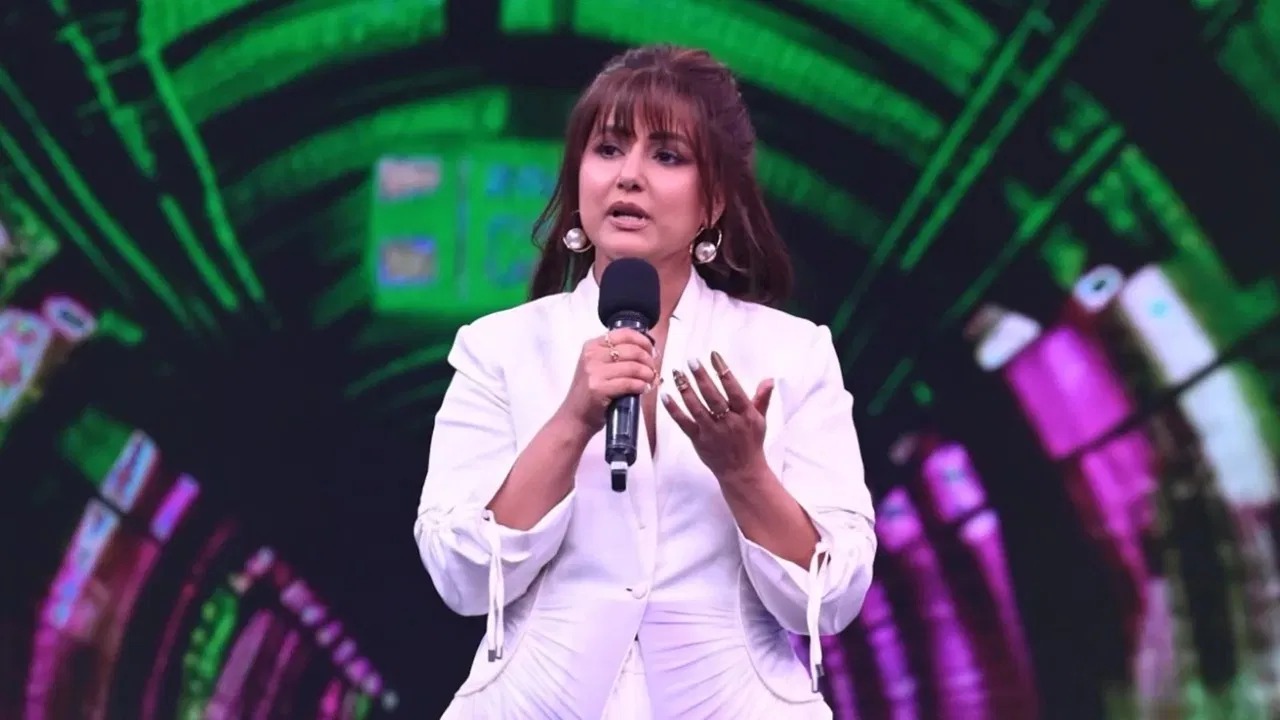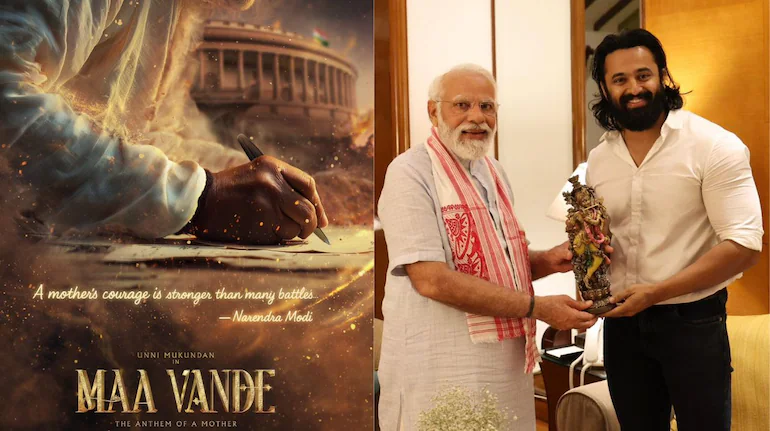Movie Review Bengal Files
A CBI officer probing a journalist’s disappearance uncovers Bengal’s violent past, revisiting Direct Action Day and the Noakhali killings.
‘The Bengal Files’ is a tough watch, the kind of film that makes you squirm in your seat and sit uneasy through its relentless portrayal of violence. The third in Vivek Agnihotri’s “files” trilogy, the film trains its gaze on the mayhem that followed Direct Action Day—the call given by Mohammad Ali Jinnah in 1946 demanding a separate state for Muslims. The subject itself is contentious, and Agnihotri refuses to soften it. What emerges is a historical drama that, while heavy-handed, does bring to light a chapter of Indian history rarely touched upon in popular culture. It frames the story through a contemporary plot involving the disappearance of a journalist in Bengal, using that thread to revisit the horrors of the past. Despite its nearly three-and-a-half-hour length, the film compels you to keep watching, unsettled but engrossed.
CHECK MORE : allu arjun upcoming movies
The narrative begins with CBI officer Shiva Pandit (Darshan Kumaar), who is tasked with investigating the disappearance of journalist Gita Mandal. Suspicions point toward a local MLA, Sardar Hosseini (Saswata Chatterjee), but despite Shiva’s persistence, the evidence remains elusive. As the case stalls, the story takes an unexpected turn with the introduction of Bharati Banerjee (Pallavi Joshi), an elderly woman whose fading memory becomes the bridge to history. Through her recollections, the film plunges into the pre-partition years, reconstructing Direct Action Day and the Noakhali killings in graphic detail. These sequences transport the viewer into the violence that scarred Bengal, tracing the people, politics, and compulsions that shaped a dark chapter in India’s journey to independence.
The story moves back and forth between the fateful months prior to August 15, 1947 and the current minority driven politics of Bengal. The character holding the past and the present together is the character of Bharati Banerjee, played hauntingly by Pallavi Joshi. It is an outstanding performance that could win her multiple awards. Well, maybe not, because the award distributing lobbies are controlled by the same secular groups that control academia, and till recently media. Only by the end you realise that Bharati, actually, symbolizes traumatized Bharatmata.
ALSO READ : kabir singh dialogue





